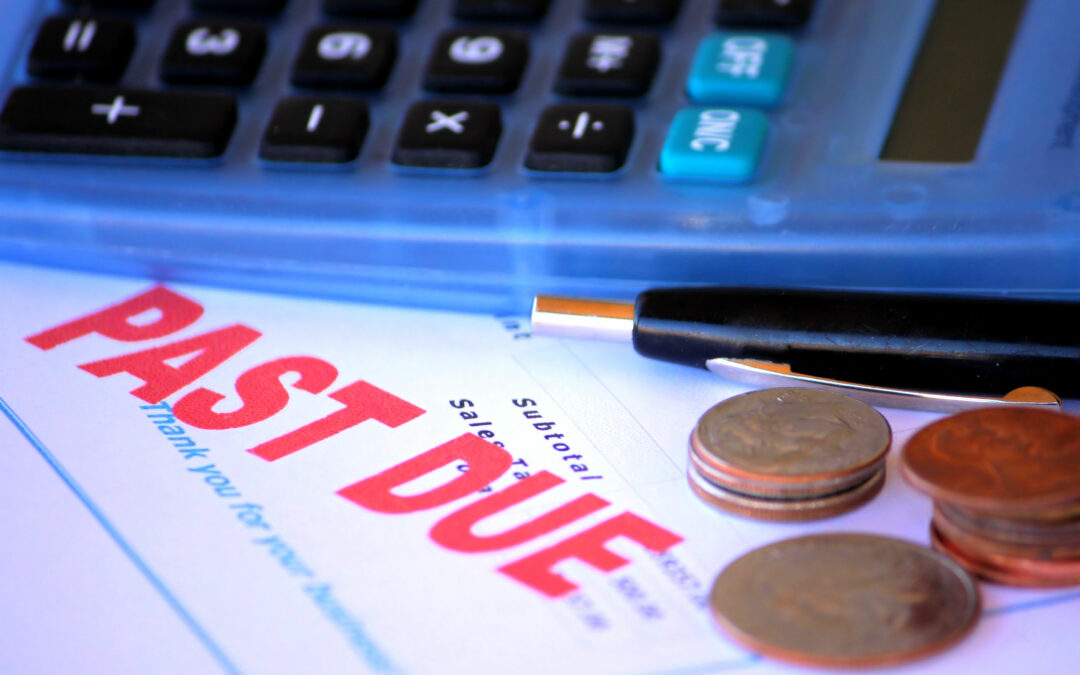Unifin, Inc. is a debt collection agency based in Illinois that works with a variety of creditors, including credit card companies, banks, healthcare providers, and even government agencies. When you are contacted by Unifin, it typically means your original creditor has either hired them to collect on their behalf or sold your delinquent debt to them. This is a standard practice in the debt collection industry, where old or unpaid debts are bundled and sold to agencies like Unifin at a discount. Unifin then attempts to collect the full amount from consumers, often using persistent communication methods.
If you have missed payments on a loan, credit card, or medical bill, your account may have been sold or assigned to Unifin for collection. They may reach out by phone, text, or letter to recover the amount owed. It’s important to verify any communication you receive, as scams are common in the debt collection space. Always confirm that the person contacting you is indeed from Unifin before sharing any personal or financial information.
Unifin is a legitimate, licensed debt collector, but it is crucial to confirm any debt they claim you owe. Some consumers report aggressive tactics or errors, so it’s wise to check your records carefully. Request a debt validation letter and compare the details with your credit report and personal records to ensure accuracy. Do not provide sensitive information until you have verified the legitimacy of the debt and the collector.
When contacted by Unifin, request a debt validation letter, which should include the original creditor’s name, the amount owed, and proof that Unifin has the right to collect the debt. Review this information alongside your own records and credit report. If you find discrepancies or believe the debt is not yours, you have the right to dispute it in writing and should do so promptly.
You have the right to request written proof of the debt within five days of initial contact from Unifin. Use a formal letter for this request and keep copies of all correspondence for your records. This step is essential for protecting yourself from errors or fraudulent collection attempts.
If the debt is valid and you are able to pay, consider negotiating a settlement or setting up a payment plan. Debt collectors like Unifin may be willing to accept a reduced amount or work out a manageable payment schedule. Always get any agreement in writing before making payments. If you dispute the debt, respond in writing and notify the credit bureaus if the debt appears on your report.
If you believe the debt is incorrect or not yours, dispute it with Unifin and the credit reporting agencies. Provide supporting documentation and follow up until the matter is resolved. Keep detailed records of all communications throughout the process.
It’s often possible to negotiate for a reduced payment or a “pay-for-delete” agreement, where Unifin agrees to remove the collection from your credit report upon payment. Ensure that any agreement is documented in writing before you send money.
Ignoring Unifin can lead to negative consequences such as damage to your credit score or even a lawsuit. It’s important to stay proactive, communicate in writing, and address the situation rather than hoping it will go away.
If you are sued by Unifin, respond promptly to the court and seek legal advice. Document all interactions and keep records of payments and correspondence to protect yourself in legal proceedings.
The Fair Debt Collection Practices Act (FDCPA) protects you from harassment and unfair practices by debt collectors. If you believe your rights have been violated, report the issue to the Consumer Financial Protection Bureau (CFPB) or your state’s attorney general.
If you are overwhelmed by debts collected by Unifin and unable to resolve them, bankruptcy may provide relief. Filing for bankruptcy triggers an automatic stay, which immediately halts most collection efforts, including calls, letters, and lawsuits from Unifin. In a Chapter 7 or Chapter 13 bankruptcy, most unsecured debts—like those collected by Unifin—can be fully or partially discharged, meaning you are no longer legally required to pay them.


